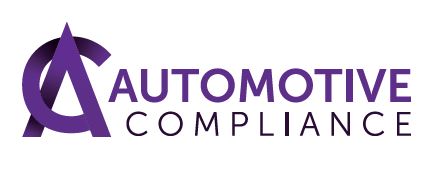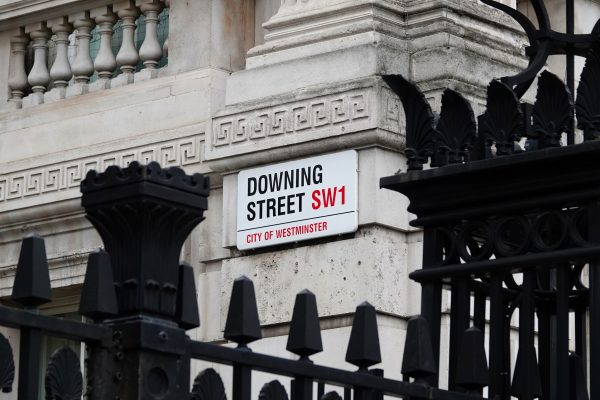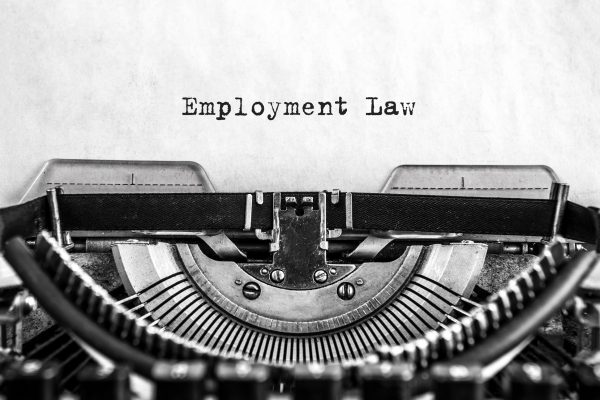Christmas work parties – they can be either eventful… or not.
But, the Scrooge at Christmas needs to remind you there is still a risk of vicarious liability at any work social event.
What is vicarious liability? This is when an employer can be held responsible on the behalf of an employee who has carried out any sort of discriminatory acts or acts of harassment whilst in the course of employment. This is obvious when the employee is in work time, at the workplace. However, it’s not always as clear cut as that.
Vicarious liability can apply to work social events and this has been made clear via previous cases taken to court. It’s still a grey area but we wouldn’t want you to chance it. Whilst work social events are usually outside of normal working hours and/or held at a different premises, it can still very much be viewed as extension of the workplace if it’s for a work-related reason, such as a Christmas work party.
It is, therefore, best to exercise the normal policies and procedures which apply in employment. It sounds boring but it’s worthwhile.
Social events are a tricky time for employers. You want your employees to enjoy a drink, boost morale and even go as far as team building, but employers could still be very much liable for any injuries which may occur, as per the case of Bellman v Northampton Recruitment Ltd [2018].
In 2018, the court had to decide on this very subject, whether a Christmas work party was deemed as an extension of work time and if a company was vicariously liable.
In this case, the managing director punched the appellant (employee) twice and the employee sustained a serious brain injury. The court had to decide whether the company was vicariously liable for the managing director’s actions.
The company had organised and incurred the cost of a Christmas work party with an afterparty also arranged at a nearby hotel for the employees. At the afterparty, it is said there was a work-related discussion regarding a new employee which turned into a heated argument. This led to the managing director punching the appellant (employee) twice, who then fell, hit his head and was left with a serious brain injury.
Astonishingly, the company initially wasn’t found to be liable but then on appeal it was deemed there was a sufficient connection between the managing director’s field of activities and the assault.

Need help with keeping on track with FCA Regulation and Compliance? Partner with Automotive Compliance
The managing director attempted to defend the claim based on the event happening at the after-party but it was found that as he had arranged the afterparty, he would have been fulfilling his managerial duties for the evening – he wasn’t just an attendee but was within his role as a managing director.
Social Media
Another query which is raised is in relation to social media.
The best approach to social media is consent should always be willingly given by anyone who is going to be photographed/videoed and posted on social media.
Under GDPR, an image can be classed as personal data if an individual employee can be identified from the image directly or when the image is used in conjunction with other available information on social media.
Whilst it may take place out of the office, this is not the “get out” clause. If an employee was to feel targeted or humiliated by a media post (perhaps they had too many vinos) then it could quite easily lead to a grievance being raised. This would lead to an investigation and potential disciplinary proceedings.
As such, you should take measures to remind employees that the social media policy is also applicable outside of the office at work-related events.
Don’t be discouraged by the above. Employers and employees can still have a fun Christmas party… just don’t allow it to get carried away.








